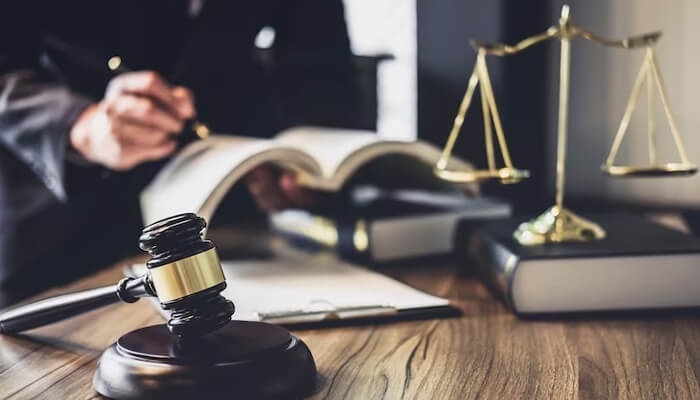Filing bankruptcy is a major decision that’s accompanied by numerous questions. One such question may be, “Should you sell a property before filing?” While the simple answer to this is yes if done correctly. Herein lies the cadence, “IF done correctly.” Here’s what this means…
There’s such a thing as “exempt property.”
Creditors can’t take an exempt property to satisfy a judgment against you. Therefore, when filing bankruptcy, you’re allowed to keep these things (e.g., household goods, clothing, ERISA-qualified retirement accounts). It’s important to look at your state’s law to determine what property is exempt.
There are certain times when you can sell a nonexempt property.
While you own your property and have the right to sell it, your creditors also have the right to be paid. This is why you can be charged with fraud if you intentionally take steps to deprive them of their money.
The one time when it’s safe to sell your property before filing bankruptcy is if you need necessities (e.g., money for rent, food, clothing, and medical costs). When you sell the property for these reasons, make sure that the sales price is equal to the item’s worth and that you keep good records of the sale and how the money was used.
If you want to sell an item for any other reason, you should get legal advice first. A bankruptcy attorney can either help you accomplish things legally or tell you why you’ll get into trouble for the actions you’re planning to take.
Much of this has to do with your intent after selling the property.
As we mentioned earlier, the courts will look at why you sold an item and how you used the money. Since each case is different, it’s impossible to look at how things happened in the past and determine what will be allowed in your case. However, most courts will look for “badges of fraud” to determine what your intent was. This means that they’ll review the following:
- What was your financial condition when the transfer occurred?
- Did you sell the item to a family member or someone close to you?
- Did you sell the item because someone threatened to sue you?
- Did you receive fair value for your property?
- Did you try to conceal the transaction?
- Have you retained control over the property?
- What do you have left now that the transaction has occurred?
Selling nonexempt property may be problematic.
Luxury items are typically considered “nonexempt” when filing bankruptcy. These are items that you don’t need to own to maintain your employment or household. They should be the first things you sell when money gets tight. If you sell them, the court will take into consideration a few factors to determine whether the sale was justifiable. These include:
- Was the property exempt?
- When did you make the sale?
- Why did you make the sale?
- Did you receive fair market value?
- How’d you spend the money?
When you’re ready to learn more about filing bankruptcy, and the actions you should and shouldn’t take, contact us at the Weller Legal Group in Clearwater, FL. We have the answers you need to ensure the whole process goes smoothly.





